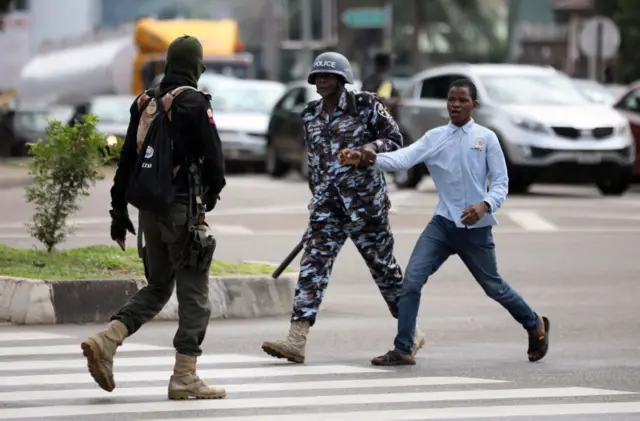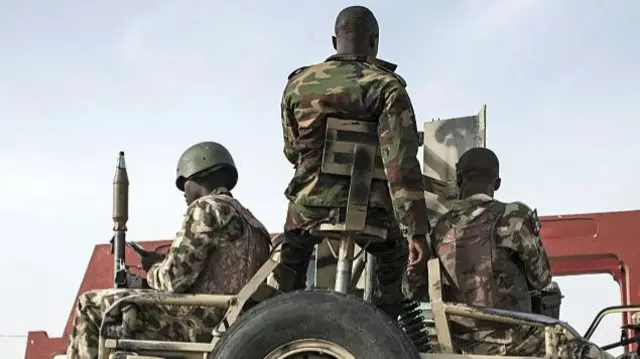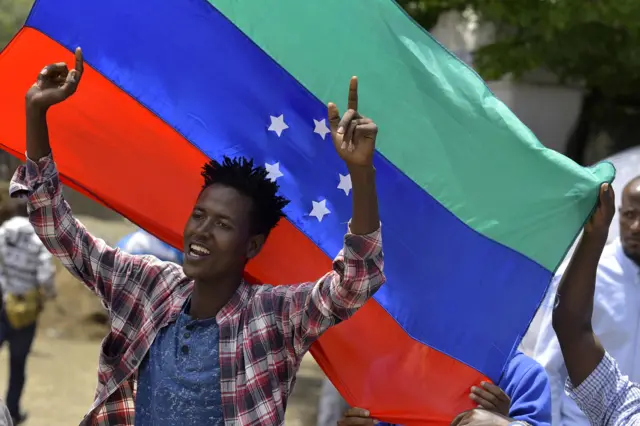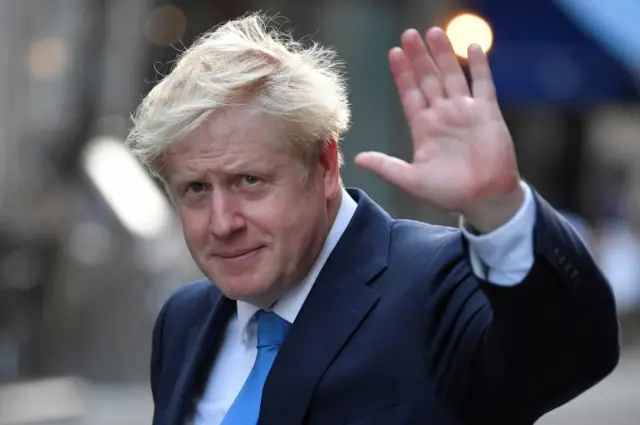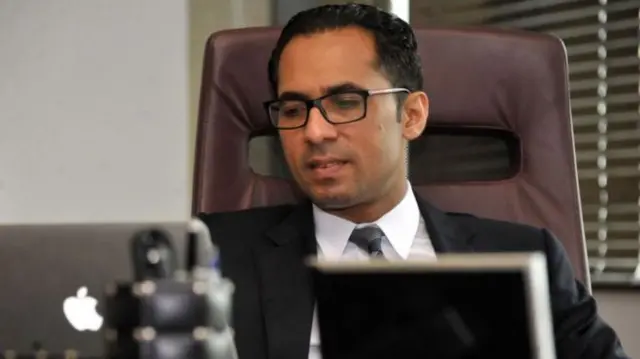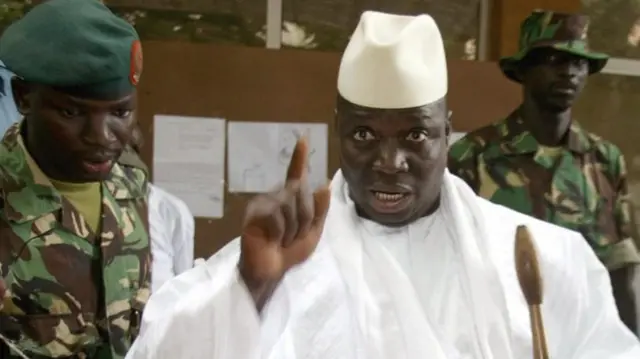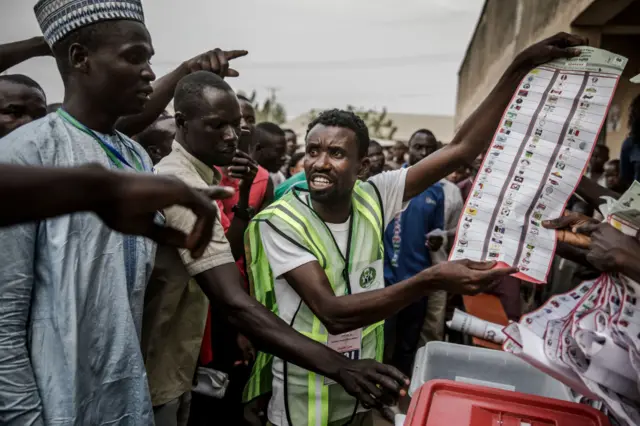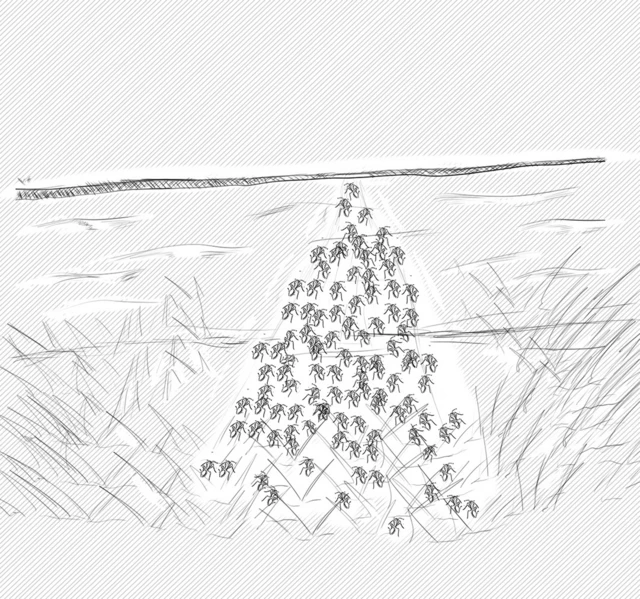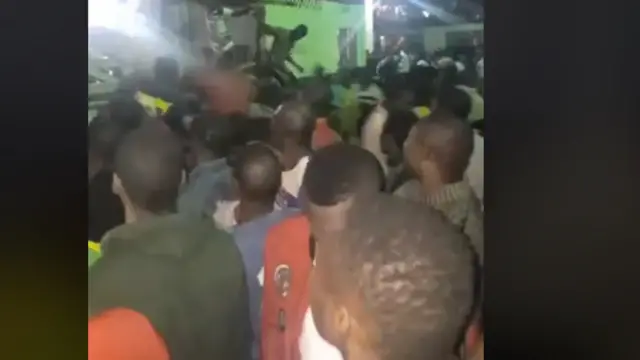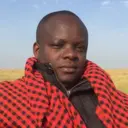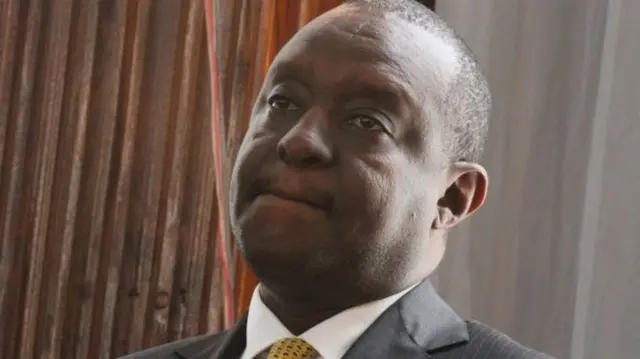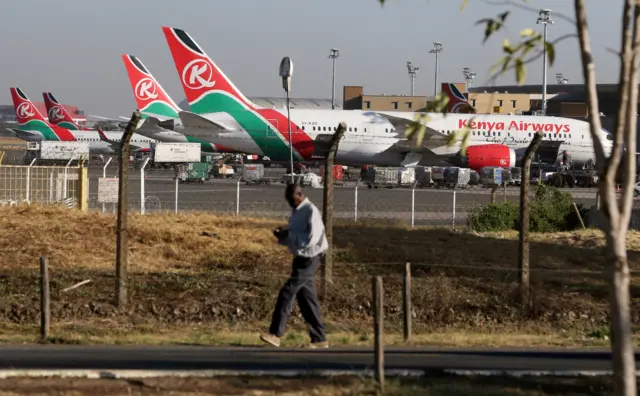Puntland calls for investigation into alleged Qatar involvement in killingspublished at 10:27 BST 24 July 2019
The president of Somalia's semi-autonomous region of Puntland, Said Abdullahi Deni, has asked the Somali government to investigate reports that Qatar was involved in attacks in the port city of Bossasso over the past year.
In one of the attacks, the port manager, Paul Anthony Formosa, was shot dead. Somalia-based militant group al-Shabab said it carried out the killing.
On Monday, the New York Times reported, external that it had obtained an audio recording of a mobile phone conversation in which a businessman close to the emir of Qatar said that militants had carried out the bombing of a courthouse in Bossasso to support Qatar in its regional rivalry with the United Arab Emirates.
The contract to develop the port is held by DP World, based in the UAE.
In the conversation heard by the New York Times, the businessmen said that the DP World contracts would be transferred to Qatar.
The story highlights how the Horn of Africa has become a battleground for competing interests.
In a statement, the Puntland president said: "The New York Times is well-known and its report is trustworthy... I need to request that the federal government investigate the report and the allegations."
Somalia's federal news agency is reporting that the Qatari ambassador has said that the report is fake news.
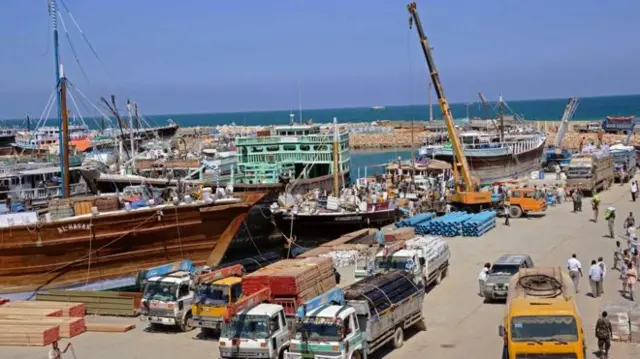 Image source, AFP
Image source, AFPBossasso port is being developed under a 30-year deal
Read more:How the crisis in the Gulf could spread to East Africa

